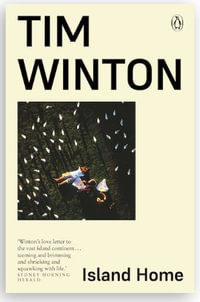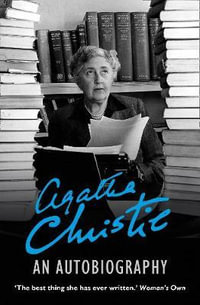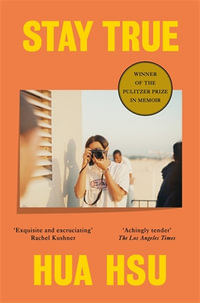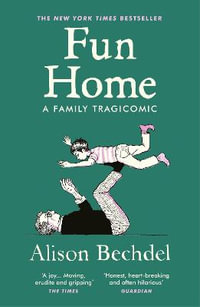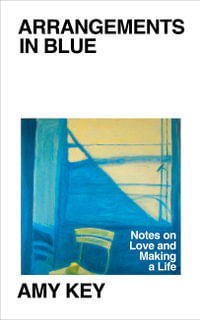From the author of Cider With Rosie, this is a moving, lyrical portrait of the landscape of Laurie Lee's world
'Living in our valley was like broad beans in a pod, so snug and enclosed and protective.'
Laurie Lee walked out of his childhood village one summer morning to travel the world, but he was always drawn back to his beloved Slad Valley, eventually returning to make it his home.
In this never-before-published portrait of his Cotswold home, Laurie Lee guides us through its landscapes, and shares memories of his village youth - from his favourite pub, The Woolpack, to winter skating on the pond, the church through the seasons, local legends, learning the violin and playing jazz records in the privy on a wind-up gramophone.
Filled with wry humour and a love of place, Down in the Valley is a writer's tribute to the landscape that shaped him, and where he found peace.
About the Author
Laurie Lee was born in Stroud, Gloucestershire, in 1914, and was educated at Slad village school and Stroud Central School.
At the age on nineteen he walked to London and then travelled on foot through Spain, as described in his book As I Walked Out One Midsummer Morning.
In 1950 he married Catherine Polge and they had one daughter. Cider With Rosie (1959) has sold over six million copies worldwide, and was followed by two other volumes of autobiography: As I Walked Out One Midsummer Morning (1969) and A Moment of War (1991).
Laurie Lee also published four collections of poems, The Sun My Monument (1944), The Bloom of Candles (1947), My Many-Coated Man (1955) and Packet Poems (1960) as well as The Voyage of Magellan (1948), a verse play for radio, A Rose for Winter (1955), which records his travels in Andalusia, The Firstborn (1964), I Can't Stay Long (1975), a collection of his writing, and Two Women (1983).
Laurie Lee died in May 1997. In its obituary the Guardian wrote, 'He has a nightingale inside him, a capacity for sensuous, lyrical precisions'.
Industry Reviews
Age is taking Lee's eyesight but polishing up the anecdotes and deepening his characteristic note of wistfulness for a lost age ... It is a fine thing to revisit this writer's landscape and hear his amiable voice in it again.
Michael Caines * Times Literary Supplement *
Down in the Valley is truly evocative of time and place. A beautiful illustration of how, in some way, we are all indelibly influenced by the landscape of our childhood.
Raynor Winn, author of The Salt Path




